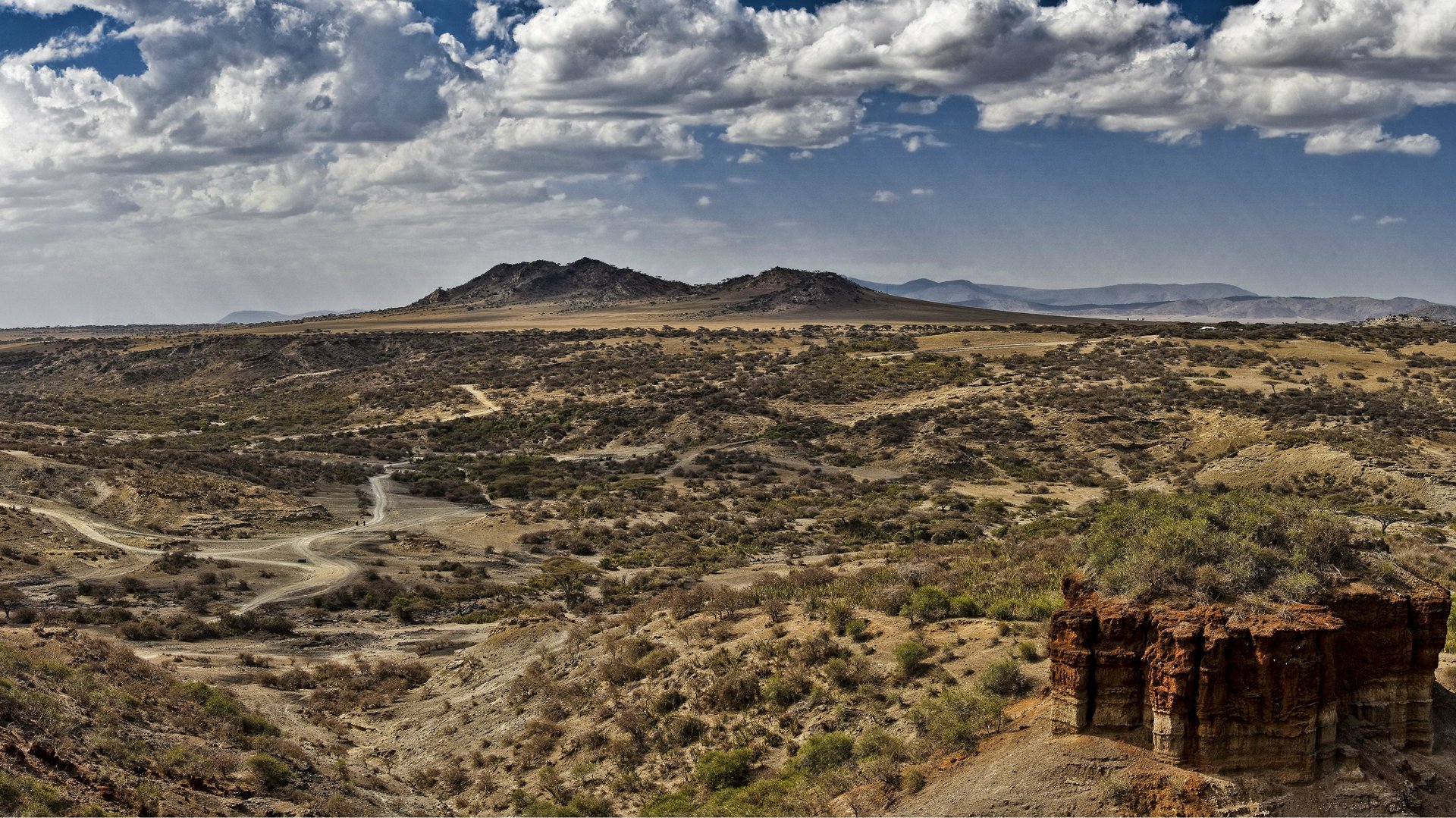Researchers reconstructed the Tanzanian landscape humans roamed 1.8 million years ago
Some 1.8 million years ago, early humans had a pretty good life in what’s now known as Tanzania. Researchers have analyzed fossils from Olduvai Gorge to create a detailed picture of the world once inhabited by human ancestors, and it seems the landscape was perfect for our predecessors.


Some 1.8 million years ago, early humans had a pretty good life in what’s now known as Tanzania. Researchers have analyzed fossils from Olduvai Gorge to create a detailed picture of the world once inhabited by human ancestors, and it seems the landscape was perfect for our predecessors.
Ancient plant biomarkers reveal a “patchwork landscape” of protective woods and wetlands, both of which were surrounded by open grassland, according to a study published in the Proceedings of the National Academy of Sciences last month. There was also a freshwater spring at the site.
The researchers used plant evidence together with clusters of animal bone debris and ancient human remains to establish that there was plenty of food and water in the area, while the woods were used as shady protection where humans could eat their meat.
“We were able to map out what the plants were on the landscape with respect to where the humans and their stone tools were found,” Rutgers professor Gail Ashley told sci-news.com. “That’s never been done before.”
Ashley reconstructed the landscape together with colleagues from Pennsylvania State University, ETH Zürich, and the Complutense University. They found evidence of two hominin species, Paranthropus boisei and Homo habilis. Both had a 30-40 year lifespan, though the Homo habilis had a larger brain and is thought to be a closer relative to modern humans.
Animal bones with cut-marks, found inside what was the wooded area, show that humans used tools to butcher their food within the cover of the trees. But it’s unlikely that the animals were hunted within the woods.
“Based on the high concentration of bones, the hominins probably obtained carcasses elsewhere and ate the meat in the woods for safety,” said Ashley.
Bones of giraffes, elephants, and wildebeests were also found within the area, along with those of more dangerous carnivores, including lions, leopards, and hyenas.
Researchers don’t believe that two ancient human species camped at the site, but that they spent several decades, if not centuries, making use of its natural resources.